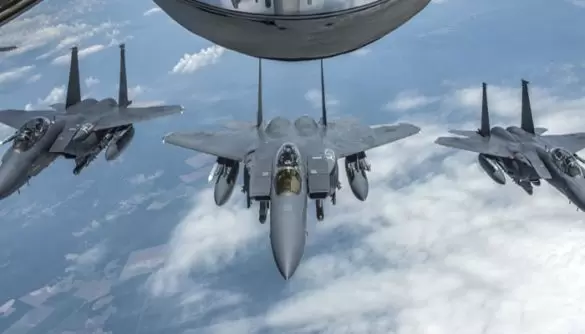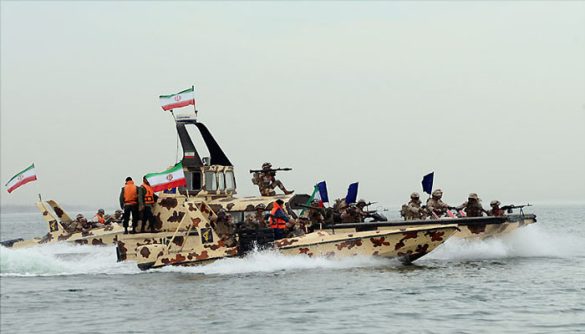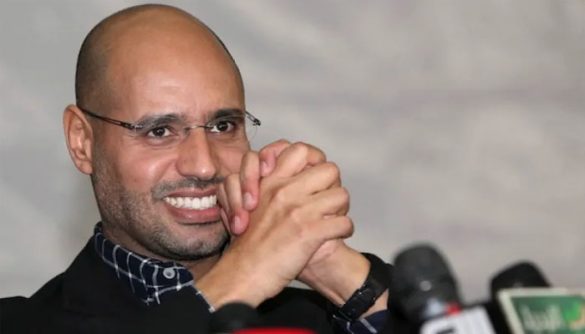Comprehensive Military Plan Approved
Israel’s Chief of Staff, Lieutenant General Eyal Zamir, has approved a comprehensive military plan aimed at seizing full control of Gaza City. This decision aligns with Israel’s recently endorsed large-scale military plan for Gaza, signaling an escalation of operations across the enclave. According to media reports, the strategy involves a phased ground advance following an initial wave of intensive military operations.
The plan envisions Israeli forces gradually entering different sectors of the city after carrying out targeted strikes. The objective, officials say, is to establish sustained military control over Gaza’s largest urban center.
Two-Week Initial Offensive
Sources familiar with the plan suggest that the first stage will involve a two-week-long operation combining aerial bombardment and ground maneuvering. During this period, large-scale displacement of Palestinians from Gaza City is expected, as Israeli forces move to secure pathways for their entry.
Once the initial clearance is achieved, troops are expected to advance neighborhood by neighborhood, consolidating control in phases. This step-by-step approach reflects lessons learned from earlier confrontations in densely populated areas.
Political and International Coordination
The plan is due to be presented to Israel’s Defense Minister next week for final approval, according to Israeli media. Only after ministerial consent will the military move towards execution.
In addition, Israeli officials reportedly intend to share the proposal with U.S. authorities. Washington remains Israel’s closest ally, providing extensive military support, though U.S. officials have repeatedly voiced concerns over civilian casualties and the humanitarian fallout.
Ongoing Airstrikes in Gaza
Meanwhile, Israeli bombardment of Gaza has continued with intensity. Local health officials report that dozens of Palestinians were killed in the latest wave of airstrikes, while many more were injured. Residential neighborhoods, already scarred by months of conflict, have witnessed further devastation.
Gaza’s humanitarian conditions remain dire. Hospitals are overwhelmed, basic supplies are critically short, and large sections of the population have been displaced. According to the United Nations, more than a million people in Gaza are currently homeless or living in temporary shelters.
Mounting Humanitarian Crisis
International aid agencies warn that the situation in Gaza is spiraling into one of the worst humanitarian emergencies in recent decades. With clean water scarce, electricity supplies cut, and food aid struggling to enter, families are facing extreme hardship.
The World Health Organization (WHO) has raised alarms about outbreaks of waterborne diseases in overcrowded shelters. Meanwhile, the UN Relief and Works Agency (UNRWA) has called the conditions “catastrophic,” urging unrestricted access for humanitarian convoys.
Growing Global Pressure
Across the world, calls for a ceasefire are intensifying. The United Nations, the European Union, and several Middle Eastern countries have pressed Israel to halt its offensive and allow the flow of humanitarian aid.
Despite these appeals, Israeli leadership has maintained its stance of increasing military pressure on Gaza. Officials argue that military action is necessary to weaken Hamas and secure Israel’s long-term security.
The divergence between international appeals and Israeli strategy highlights the deepening complexities of the conflict, which continues to inflict a staggering toll on civilians.
A Conflict Without Resolution in Sight
As Israeli military plans move forward, Gaza’s future remains deeply uncertain. For Palestinians, the immediate concern is survival amid relentless bombardment and forced displacement. For Israel, the focus remains on consolidating military gains and maintaining domestic security.
Yet, without a political settlement or meaningful peace negotiations, analysts warn that the cycle of violence is likely to persist, leaving ordinary people trapped in the middle of an unending war.















